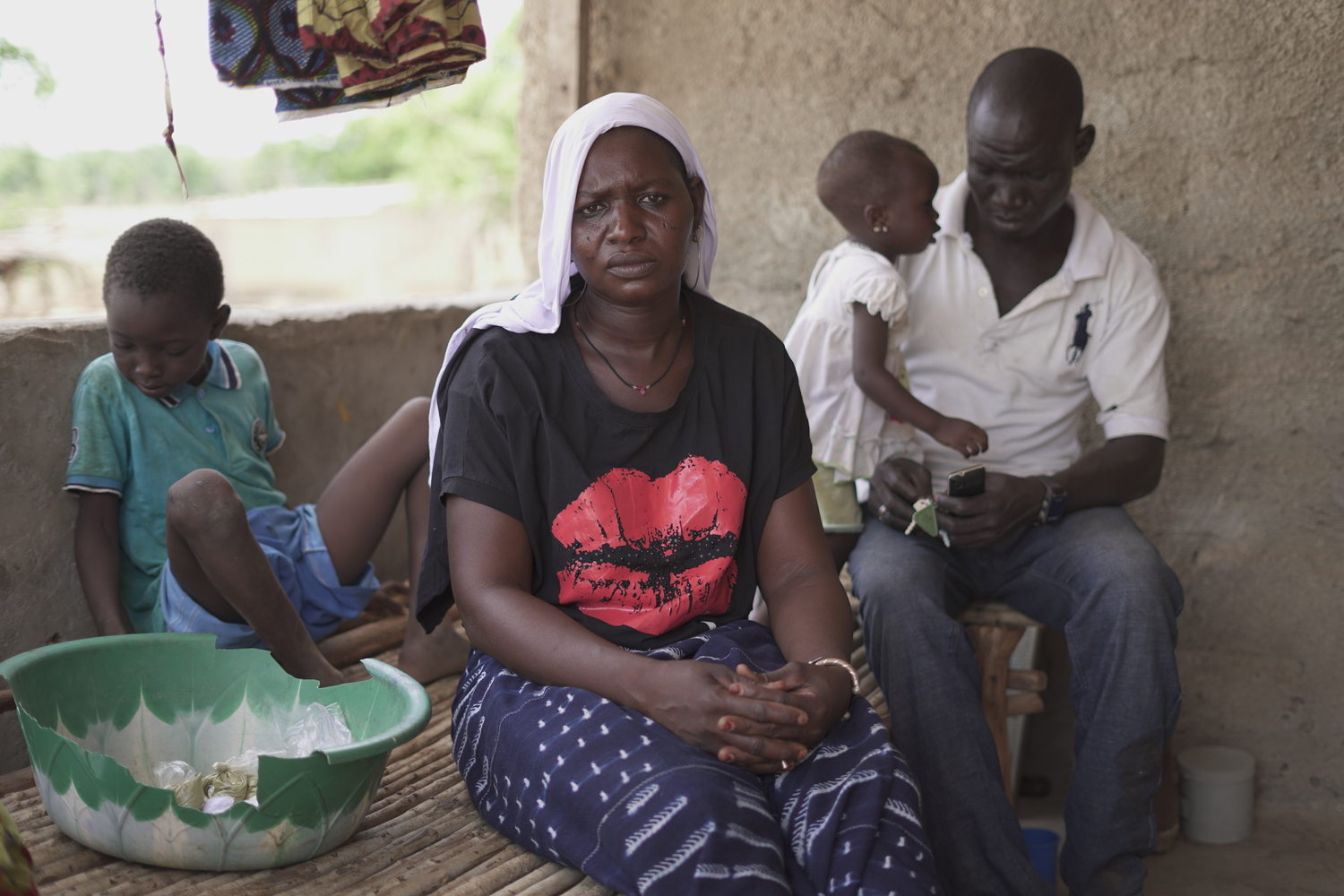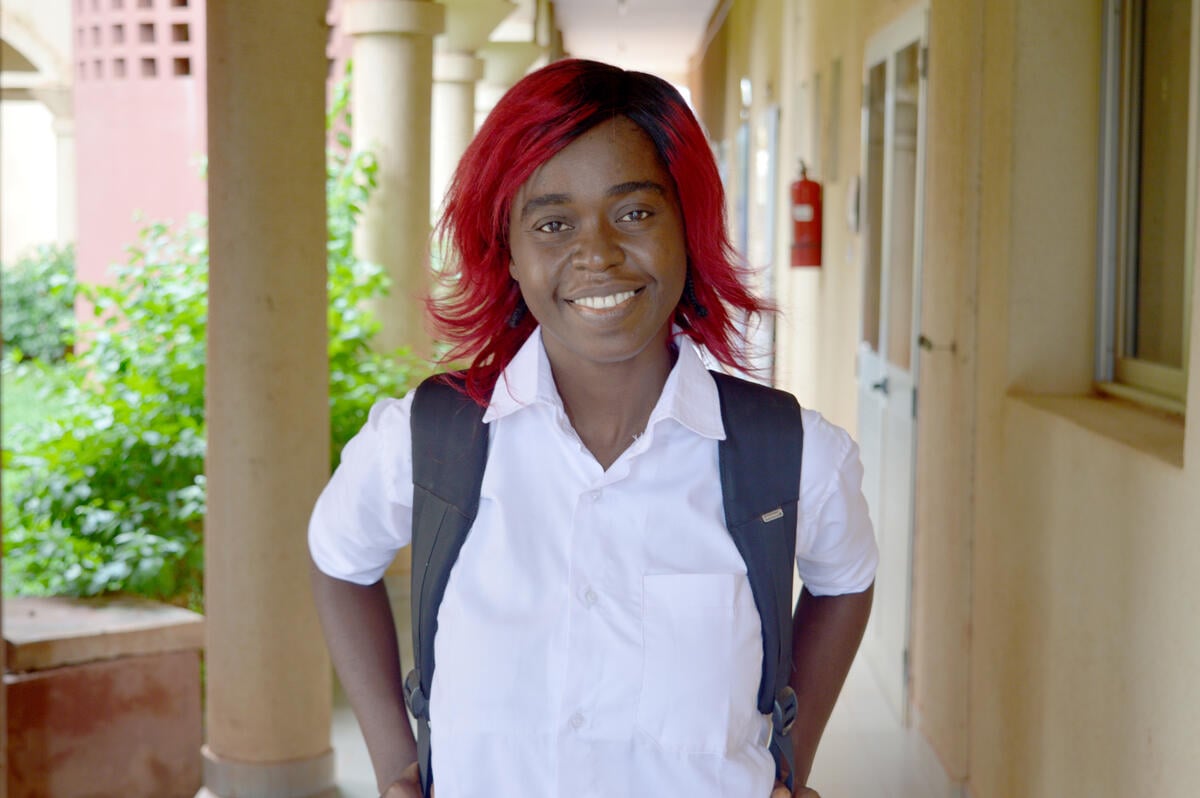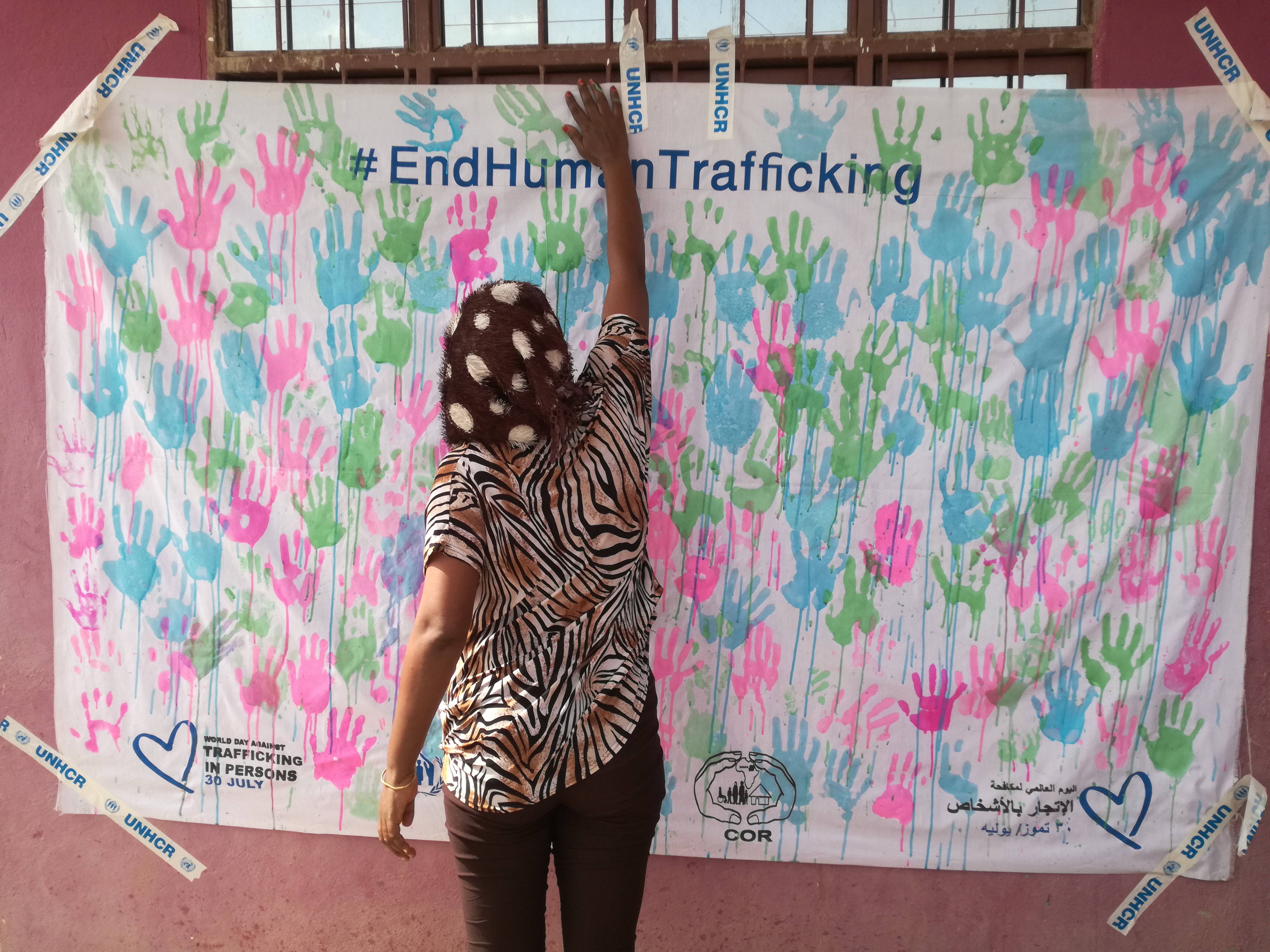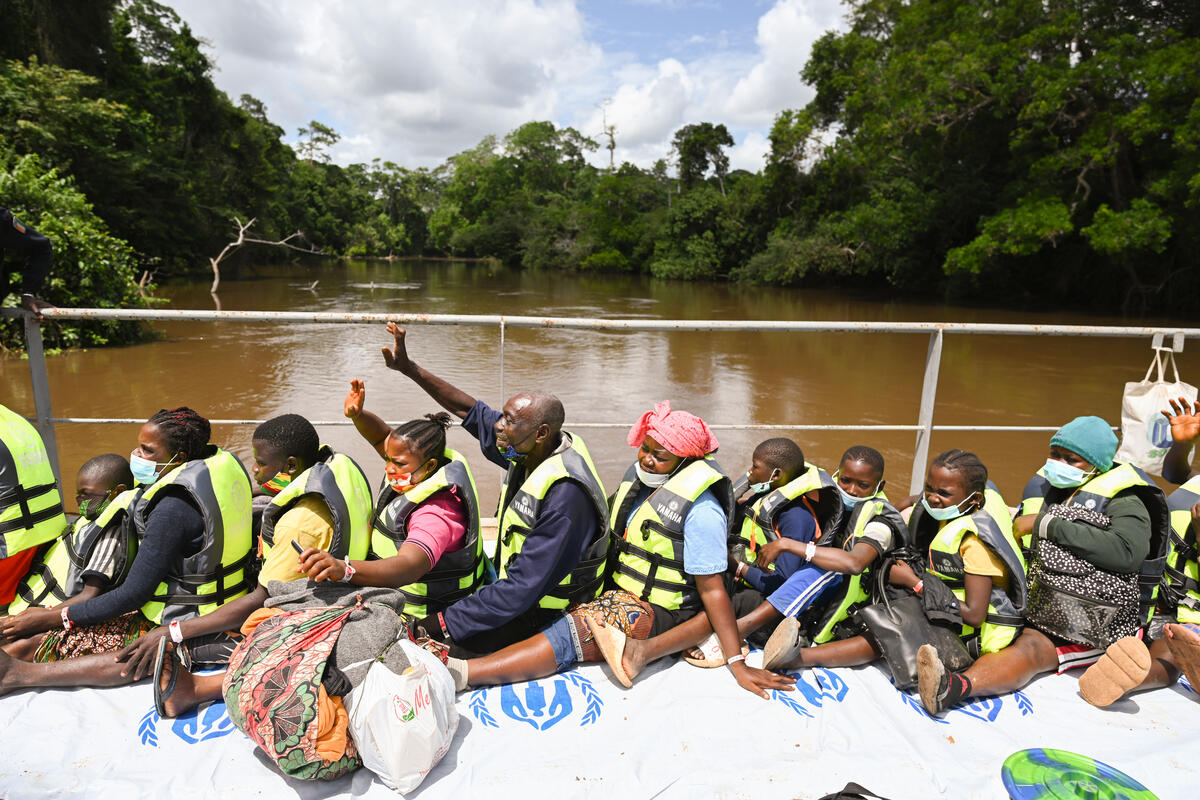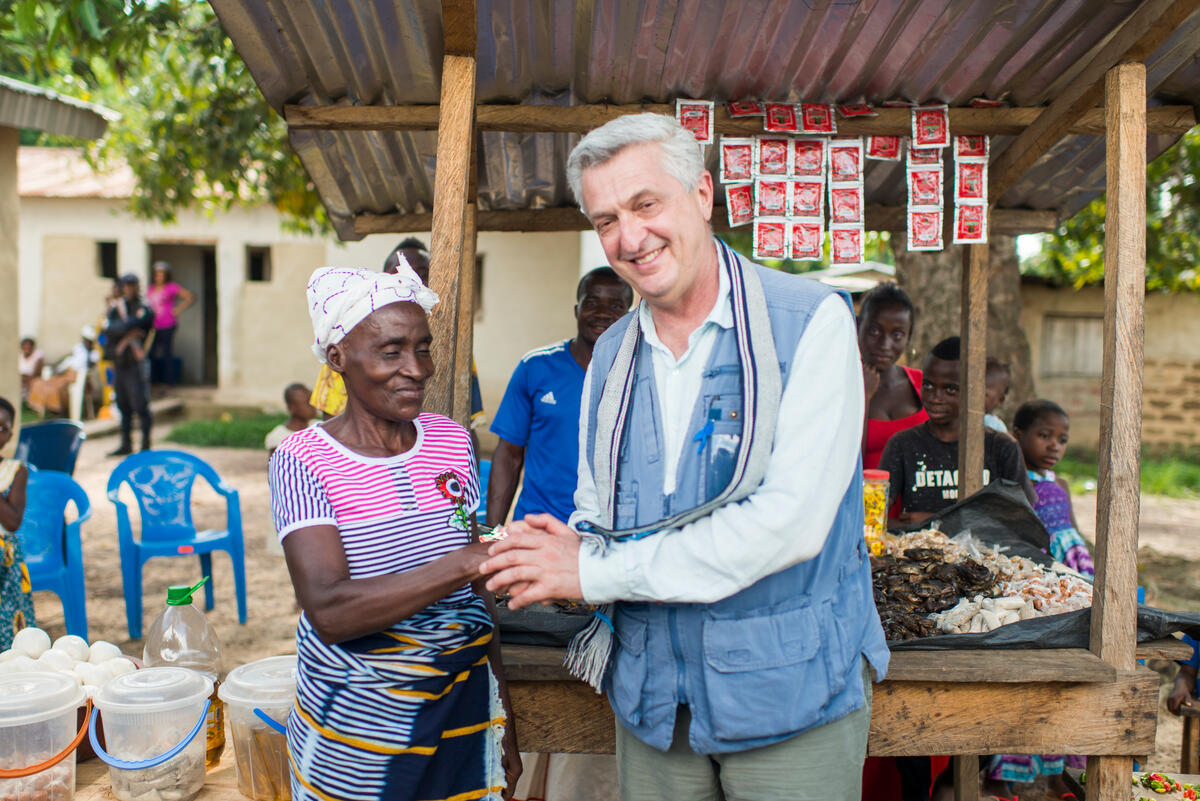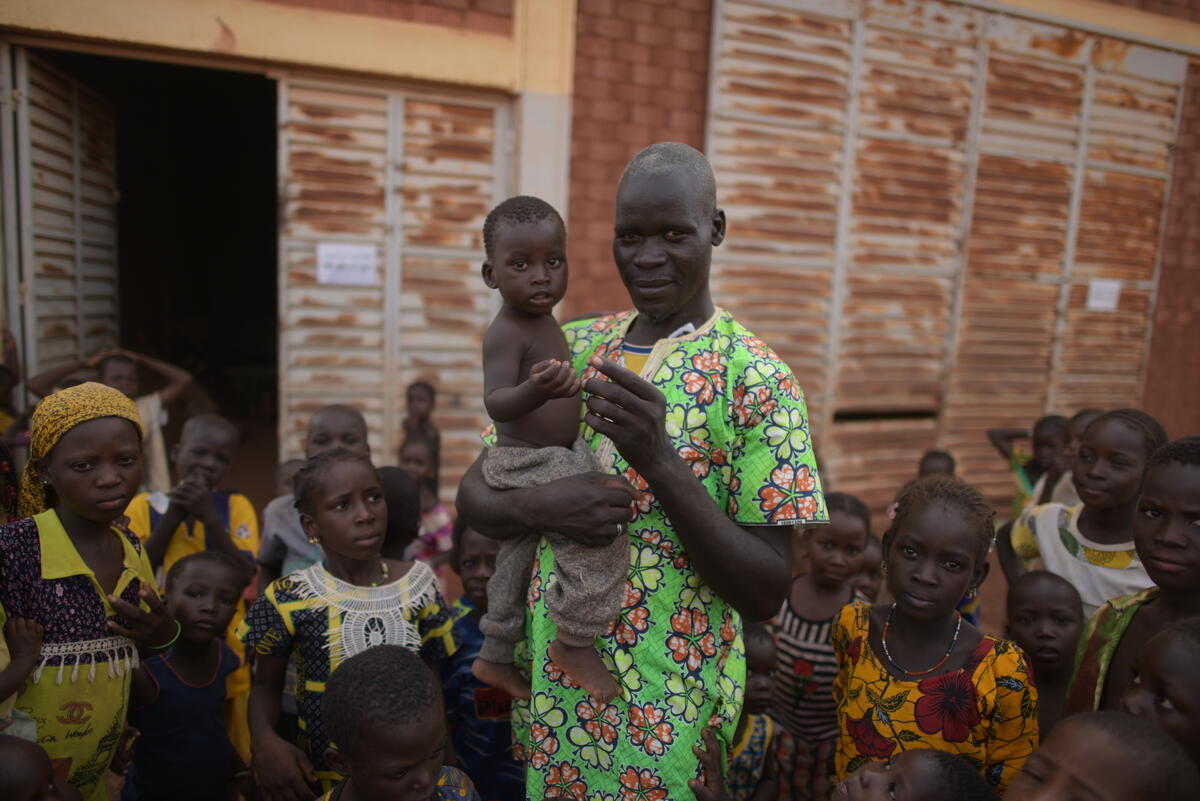Humanitarian situation in Côte d'Ivoire remains alarming
Humanitarian situation in Côte d'Ivoire remains alarming

ABIDJAN, Côte d'Ivoire, May 3 (UNHCR) - Field teams from the UN refugee agency say the humanitarian situation in Côte d'Ivoire remains alarming for tens of thousands of civilians despite improved security across the country.
"As our teams reach more displaced people we are seeing substantial needs," UNHCR spokesperson Adrian Edwards told reporters in Geneva on Tuesday.
UNHCR staff working in and around the country's commercial centre, Abidjan, have regained access to internally displaced people (IDP) the agency had been helping before stepped up fighting from February to April between forces loyal to presidential election rivals Laurent Gbagbo and Alassane Ouattara, who is now in power.
"The number of IDPs we had previously registered in 31 sites has dropped from 35,000 at the end of March to 14,000 last week," Edwards said, adding: "Living conditions are extremely precarious as people have gone for weeks without adequate food. In a site at Abobo Avocatier, a priest told us that four IDPs had died of stress. One was a 14-year-old boy."
In north-west and central west Côte d'Ivoire, UNHCR teams have reached thousands of people who were forced out of their homes between the end of March and early April. They visited the displaced in at least 15 locations and found that virtually all were living with host families who are themselves running out of resources and living on a single meal per day.
Most people say they want to return to their places of origin as soon as possible. However, in many cases homes and villages have been either partially or totally destroyed, and people are traumatized. In some town areas residents go into hiding at night time.
In the western Côte d'Ivoire town of Duékoué, humanitarian conditions are slowly improving with the return of aid agencies. However, the Catholic church compound remains overcrowded with some 27,000 internally displaced people.
UNHCR has also resumed work on a campsite at Nihably village, which should be completed within two weeks. A first group of 8,000 people who are unable to return to their places of origin will be moved there from the church. The camp will be expanded to accommodate a further 7,000 people if required.
Some 650 IDP families at the Catholic church have signed up for immediate return to their homes in and around the city. Half of them are from Duékoué town itself and the rest are mainly from areas en route to Bangolo, 37 kilometres away. While some families have managed to return on their own, others are waiting for houses to be reconstructed and security restored.
UNHCR has some 30 staff members in western Côte d'Ivoire working to help the IDPs. "We have already assisted 43,000 people with shelter materials and household goods. Last week, we received 32 truckloads of additional supplies from our warehouses in Liberia to assist 25,000 more IDPs in the region," Edwards said in Geneva.
UNHCR has welcomed the improved security and freedom of movement throughout Côte d'Ivoire since the forces loyal to Ouattara on April 11 captured Gbagbo, who has himself since called for peace.
But the refugee agency is concerned about the large number of armed checkpoints and urged the new Ivorian government to reduce these as they intimidate people wanting to return to places of origin. "We also call on the government to reassure the civilian population by speeding up efforts to re-establishing the presence of local authorities," Edwards said.
There are still an estimated 200,000 IDPs in western Côte d'Ivoire. Another 177,500 Ivorians are registered as refugees in 13 West African nations, including nearly 160,000 in Liberia where they continue to arrive at a rate of some 250 per day. Ghana and Togo have also seen a rise in the number of arrivals since the capture of Gbagbo. An increasing number of them are pro-Gbagbo youth claiming to have run away due to fear of reprisals.

